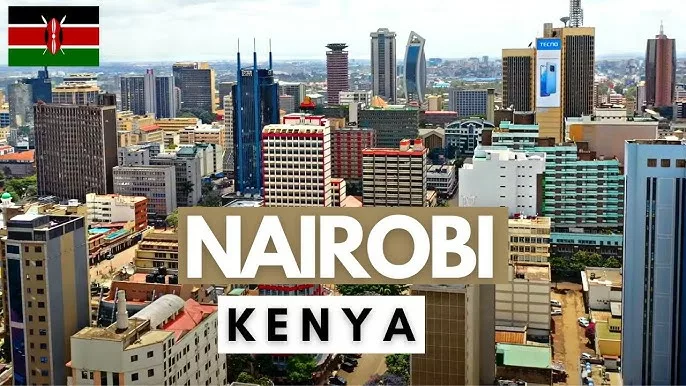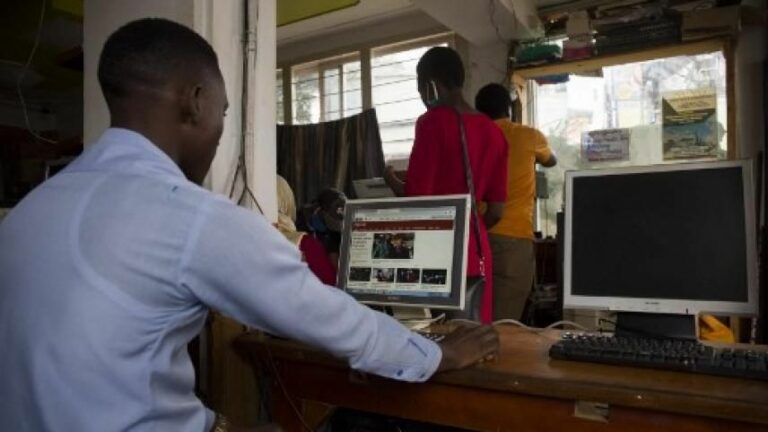
On July 26, 2024, Paris experienced a historic moment with the opening ceremony of the 33rd edition of the modern Olympics, a spectacular celebration that marked the beginning of 16 days of international competitions for the Paris 2024 Games.
To showcase this dazzling show, the organizers went all out, with the olympics opening ceremony alone costing 122 million euros, against a total budget nearing 9 billion euros for the entire Games. 22 million French viewers watched the ceremony from their screens, not to mention the international audience from around the globe, making the Paris 2024 Games the second largest television audience in French history, after the 2022 FIFA World Cup final with its 24 million viewers. For those present, 45,000 police officers and gendarmes were mobilized to ensure the smooth running of the event in front of 326,000 spectators. Some of them spent 2,700 euros—a real fortune—to be there and enjoy the performances of 3,000 dancers and performers, as well as the guest artists, including Lady Gaga, Aya Nakamura, Céline Dion, and others.
This ceremony not only celebrated diversity and unity through sport but also marked the start of a series of profound economic transformations. Investments in infrastructure, tourism benefits, and business opportunities arising from this flagship event will have significant repercussions on both the Parisian and French economies.
This article examines the economic impact of the 2024 Olympics, with benefits primarily distributed among three sectors: event organization (42%), construction (28%), and tourism (30%).
I - Direct Effects of the Olympics on Employment
The 2024 Olympics generated immediate economic effects for the city of Paris.
One of the direct effects of the Games on the economy is undoubtedly the creation of jobs for thousands of people. Construction projects and preparations for the Games created thousands of temporary jobs for the unemployed, benefiting both certain citizens and local businesses, including suppliers and service providers who directly benefited from contracts.
More than just its impact on the French GDP, the effect of the Olympics is measured by the beneficiaries. In fact, 1,400 contracts were awarded to 3,000 suppliers, 90% of whom were French. In line with Paris 2024’s commitments, small and medium-sized enterprises (SMEs) and social and solidarity economy (SSE) enterprises were given preference.
In the construction sector, 35% of the contract value was awarded to small and medium-sized enterprises (SMEs) and SSE actors. In terms of organization, the 2.7 billion euros in public contracts issued by Paris 2024 were won by 2,400 companies, 80% of which were SMEs and micro-enterprises.
“We should add 600 subcontractors to this, and this number is expected to rise,” said Olivier Debargue, Paris 2024’s Purchasing Director, at a press conference.
In terms of employment, the organization of the Games involves 181,000 people to ensure the smooth running of the event, thus contributing to the economy.
II – Direct effects of the Olympics on tourism
The Olympic Games will take place in more than 70 cities across France. According to the organizers, the 2024 Olympics are expected to generate an impact of 2.7 billion euros in tourism. 181,000 people are directly working for the Games, including 61,800 identified in the tourism sector alone.
The estimates are based on foreign visitor spending; ‘Paris and the Île-de-France region will welcome nearly 16 million visitors, which is about seven times the population of Paris, including nearly 2 million foreign visitors,’ emphasized Olivia Grégoire, Minister Delegate for Tourism.
‘Beyond the visitors coming to France, our country is expected to be watched by more than 4 billion viewers worldwide,’ she added. The destination is therefore counting on this visibility to spark travel desires to France and maintain its position as the world’s top travel destination.
It should also be noted that the calculation of the tourism impact includes a phenomenon known as displacement.
Displacement occurs when public sector activities extend at the expense of the private sector; in other words, it happens when a major government project neglects or penalizes private businesses in favor of public ones, as is the case with the Olympics.
In the context of the 2024 Olympic Games in Paris, the displacement phenomenon manifests in several ways.
First, there is the risk that local residents may be displaced or moved due to neighborhood renovations or increased rents related to the event. Additionally, small businesses or local activities might be affected as spaces are reserved for the Olympics, reducing room for other enterprises, especially since this edition takes place in the heart of the city.
Transport infrastructure will also be overloaded, making travel more difficult for residents. Finally, some local cultural activities might be sidelined to make way for Olympic events.
The displacement phenomenon could cost between 200 and 500 million euros, and some tourism professionals are quite pessimistic about this issue.
In conclusion, the Paris 2024 Olympic Games are a boon for both the country and its residents. Indeed, there is a notable decrease in the unemployment rate, albeit temporary, which impacts the country’s economy, as well as a remarkable increase in tourism, boosting the hospitality, restaurant, and retail sectors. While the overall economic assessment has not yet been established, post-Games studies will help tally the results by comparing projections with actual outcomes.
Feel free to follow us on our various social media platforms and enable notifications so you don’t miss the economic review of the Olympic Games.
sources :
Le journal du net
Le journal des entreprises
Presses paris 2024
Capital







